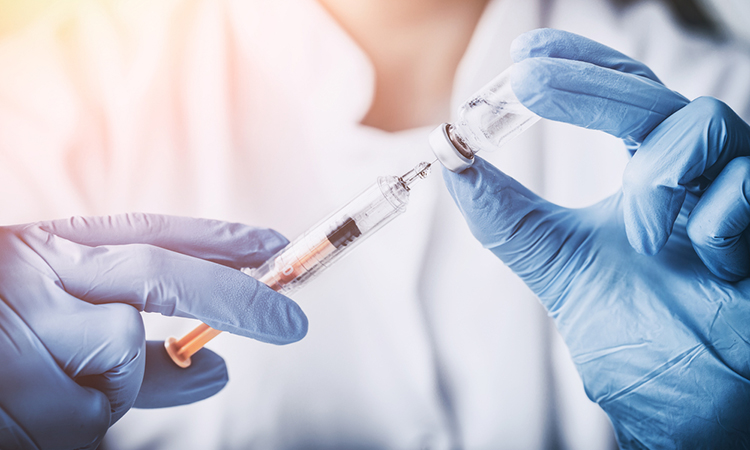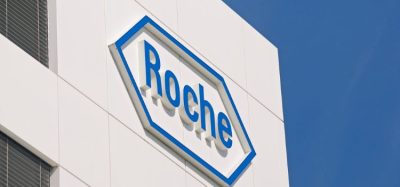First adolescent patients dosed in Phase II/III study of Moderna’s COVID-19 vaccine
Posted: 11 December 2020 | Victoria Rees (European Pharmaceutical Review) | No comments yet
The first participants ages 12 to less than 18 have been dosed in the study of mRNA-1273, Moderna’s vaccine candidate against COVID-19.


Moderna has announced that the first adolescent participants have been dosed in the Phase II/III study of mRNA-1273, the company’s vaccine candidate against COVID-19. The participants of the trial are adolescents ages 12 to less than 18.
The study is being conducted in collaboration with the Biomedical Advanced Research and Development Authority (BARDA), part of the Office of the Assistant Secretary for Preparedness and Response at the US Department of Health and Human Services.
mRNA-1273 is an mRNA vaccine against COVID-19 encoding for a prefusion stabilised form of the Spike (S) protein, which was co-developed by Moderna and investigators from US National Institute of Allergy and Infectious Diseases’ (NIAID) Vaccine Research Center.
“We are pleased to begin this Phase II/III study of mRNA-1273 in healthy adolescents in the US. Our goal is to generate data in the spring of 2021 that will support the use of mRNA-1273 in adolescents in advance of the 2021 school year,” said Stéphane Bancel, Chief Executive Officer of Moderna. “We are encouraged by the interim and primary analyses of the Phase III COVE study in adults ages 18 and above and this adolescent study will help us assess the potential safety and immunogenicity of our COVID-19 vaccine candidate in this important younger age population. We hope we will be
able to provide a safe vaccine to provide protection to adolescents so they can return to school in a normal setting.”
This randomised, controlled study will evaluate the safety, reactogenicity and immunogenicity of two vaccinations of mRNA-1273 given 28 days apart. The company intends to enrol 3,000 adolescent participants. Each will be assigned to receive a placebo or a 100 μg dose at both vaccinations.
Participants will be followed through 12 months after the second vaccination. Vaccine
effectiveness will either be inferred through achieving a correlate of protection (if established) or through immuno-bridging to the adult population. Evaluation of vaccine safety and reactogenicity is also a primary endpoint of the study.
Related topics
Clinical Development, Clinical Trials, Research & Development (R&D), Vaccines
Related organisations
Biomedical Advanced Research and Development Authority (BARDA), Moderna, US Department of Health and Human Services, US National Institute of Allergy and Infectious Diseases (NIAID)









